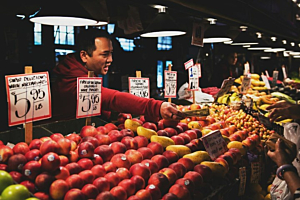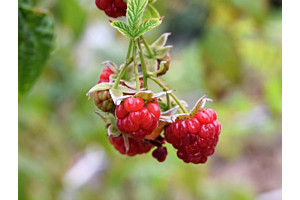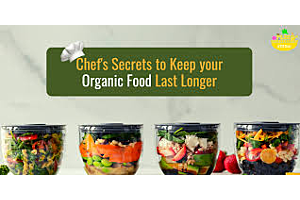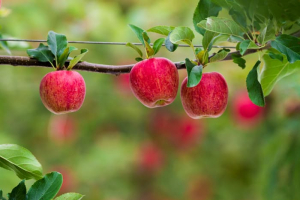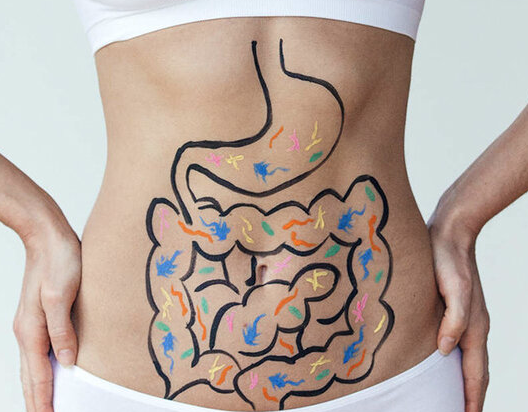
Have you ever stopped to think about where your food goes after you eat it?
Sure, it might seem like the food disappears into thin air—but that's not quite how it works. In reality, your body has an entire system dedicated to processing and storing the food that you eat. So, which organ stores your food? Let’s find out!
The Stomach: The First Stop on Your Food's Journey
When you swallow something, it passes through your esophagus and into your stomach. Here, powerful enzymes break down the proteins in the food while acids help with digestion. From here, the food moves into the small intestine, where its breaks down further before being absorbed by your body. However, some undigested material is stored in the large intestine before finally passing out of your body as waste.
The Liver: The Unsung Hero of Digestion
Your liver is a major player in processing and storing food. It helps regulate blood sugar levels by breaking down carbohydrates and turning them into glycogen which can be stored for later use as energy. It also helps process fat—breaking it down so that it can be used or stored later. Lastly, your liver filters toxins from your blood, so they don't build up in your system over time.
The Gallbladder: The Storage Facility for Digestive Juices
Your gallbladder is a small organ located near your liver that stores bile—a digestive juice produced by the liver that helps break down fats in our diet. When we consume fatty foods, our gallbladder releases bile into our small intestine, which helps break those foods down further so that our bodies can absorb them more easily. Without enough bile production and storage, we would have difficulty digesting fatty or greasy foods—so keep an eye on this important little organ!
So there you have it!
Whether it's processing carbohydrates or breaking down fats, a few organs in our bodies are responsible for helping us digest and store food properly. Next time you sit down to eat a big meal, think about all these organs working together to ensure everything gets processed correctly! Understanding how these organs work can help us make better decisions regarding what we put into our bodies—so why not get started today? With just a bit of knowledge, you'll be well on your way to eating healthier!


